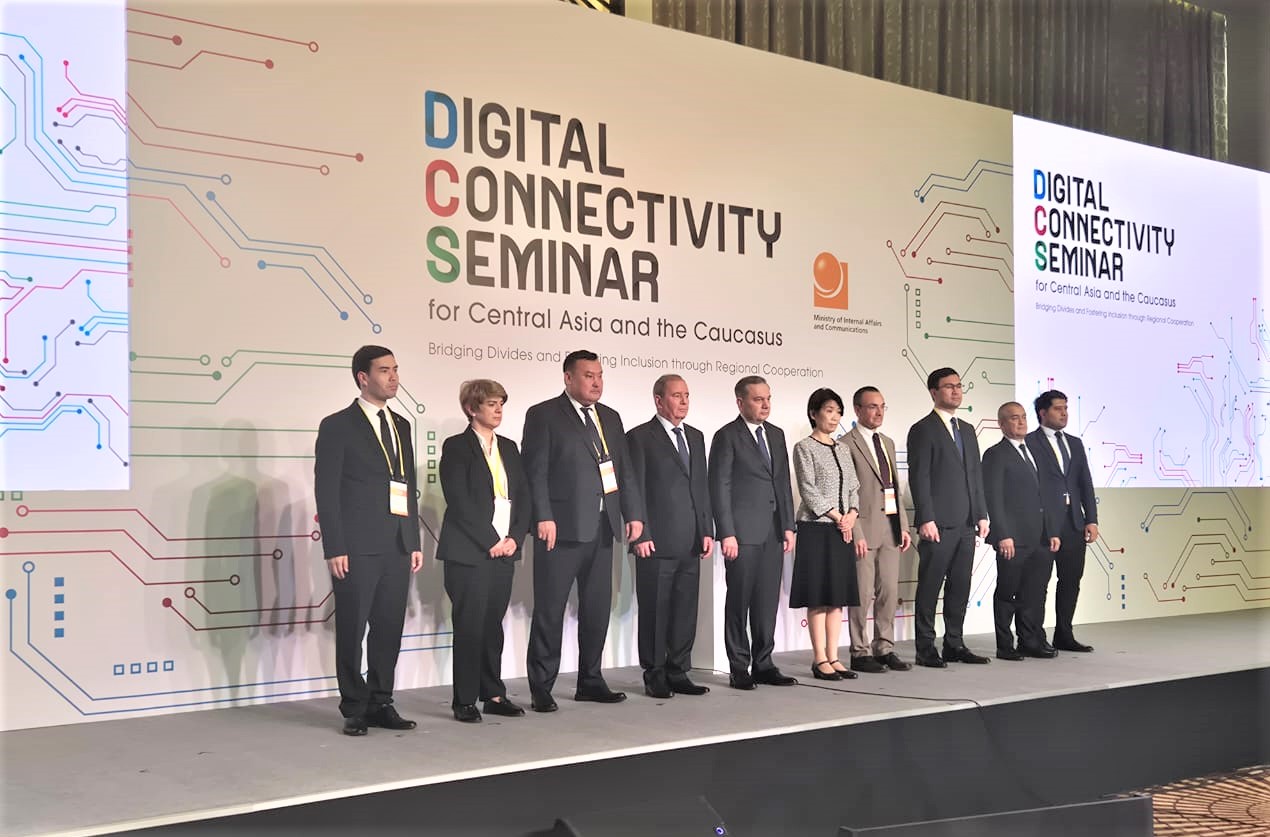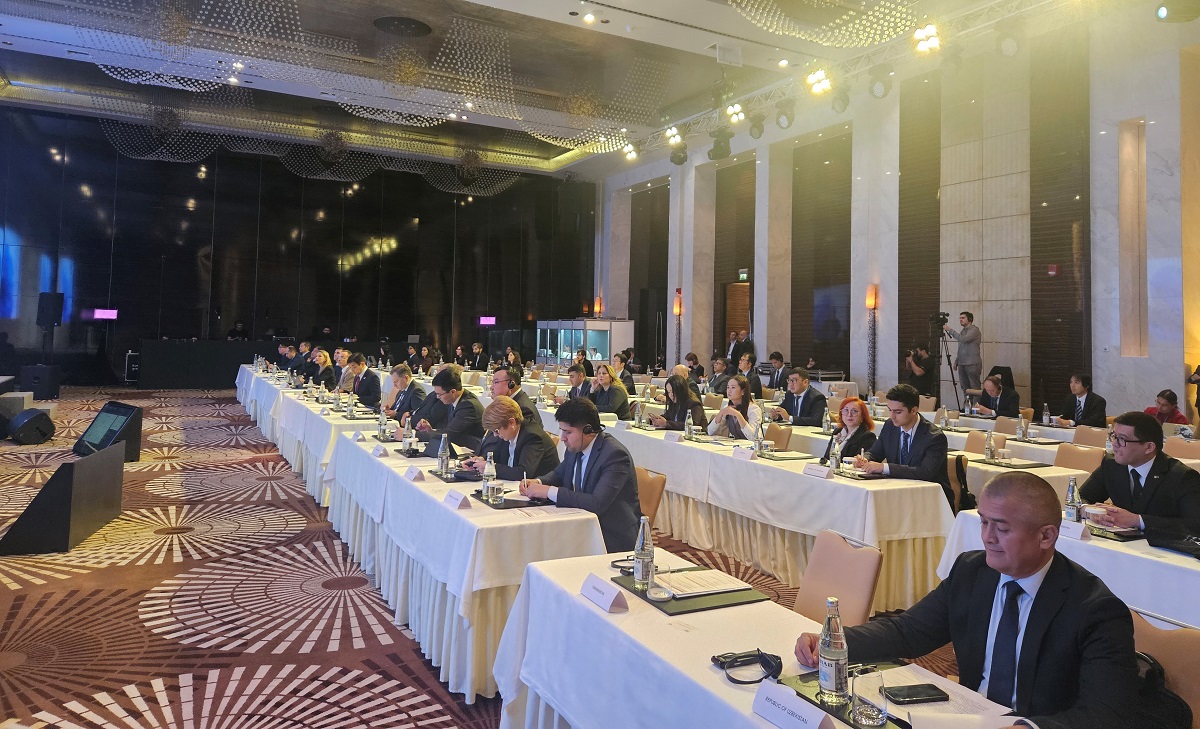Turkmenistan participated in a seminar on digital connectivity for Central Asia and the Caucasus in Baku

Ashgabat, November 15 | ORIENT. On October 15, a seminar on digital connectivity for Central Asia and the Caucasus, titled "Overcoming Divide and Promoting Inclusion through Regional Cooperation," was held at the JW Marriott Absheron Baku Hotel in the capital of Azerbaijan. The event was organized by the Japanese Ministry of Internal Affairs and Communications, highlighting the high-level and technologically focused nature of the discussions.
The event was attended by government representatives from the region, key international organizations (the World Bank, ITU), and leaders of the Japanese ICT sector.
The forum program included presentations by Japanese companies NEC, NTT, Toyota Tsusho, and Digital Knowledge, which presented their technologies and solutions for the development of digital connectivity in Central Asia and the Caucasus.

The keynote address on domestic and foreign ICT policy was delivered by the State Minister of Internal Affairs and Communications of Japan. The work concluded with a panel discussion on how digital technologies are facilitating cooperation in the region.
Akmuhammed Jumagulyev, Executive Secretary of the Editorial Board of the Foreign Policy and Diplomacy of Turkmenistan magazine, spoke at the Government Panel. He emphasized that the introduction of innovative and digital technologies is the cornerstone of sustainable economic growth and a strategic imperative for enhancing Turkmenistan's global competitiveness.

Digitalization is seen as a key driving force, radically modernizing education, healthcare, trade, and public administration. The country is implementing large-scale programs to modernize the telecommunications system, expand high-speed internet coverage, and ensure widespread access to ICT services.
The Concept for the Development of the Digital Economy in Turkmenistan for 2026–2028, recently approved by President Serdar Berdimuhamedov, aims to diversify the economy and bring it up to the level of advanced countries in terms of digitalization, based on human capital and entrepreneurial initiative.
As Akmuhammed Jumagulyev noted, the city of Arkadag is a shining example of the commitment to implementing smart and green city technologies. This flagship project has received the special legal status of "city of national importance." Particular attention was paid to the implementation of 5G technology in Arkadag's communications system. This strategically important solution will become the lifeblood of smart city and home systems, revolutionizing telemedicine, education, and industry.

Akmuhammed Jumagulyev highlighted the expansion of Turkmen-Japanese cooperation as a key vector of the digital strategy. The parties see significant potential for deepening cooperation in the following priority areas:
Technology Transfer and Innovation: Leading Japanese companies (such as NTT and SoftBank) in telecommunications, the Internet of Things (IoT), and artificial intelligence (AI) are planned to be involved in pilot projects, including in Arkadag.
Smart Infrastructure Development: The plan calls for the use of advanced Japanese experience in building smart cities, as well as the implementation of energy-saving and environmentally friendly solutions for modernizing the urban environment.
Personnel Training: Attention will be paid to organizing joint educational programs, internships, and training for Turkmen IT specialists at leading Japanese universities and corporations.
Cybersecurity: It is planned to deepen cooperation with Japanese experts in the field of critical information infrastructure protection, including the exchange of best practices and technologies.
Green Digital Technologies: Joint research and projects are planned at the intersection of digitalization and ecology, aimed at increasing energy efficiency and reducing carbon footprints through digital solutions.
The seminar in Baku demonstrated that the countries of Central Asia and the Caucasus see digitalization not only as a tool for economic growth but also as a platform for strengthening regional stability. The presentation by the representative of Turkmenistan, outlining its national digital strategy and readiness for close technological cooperation with Japan, confirmed Ashgabat's intention to take a worthy place among the world's leading digital powers, using dialogue as a guarantee of its innovative development.




